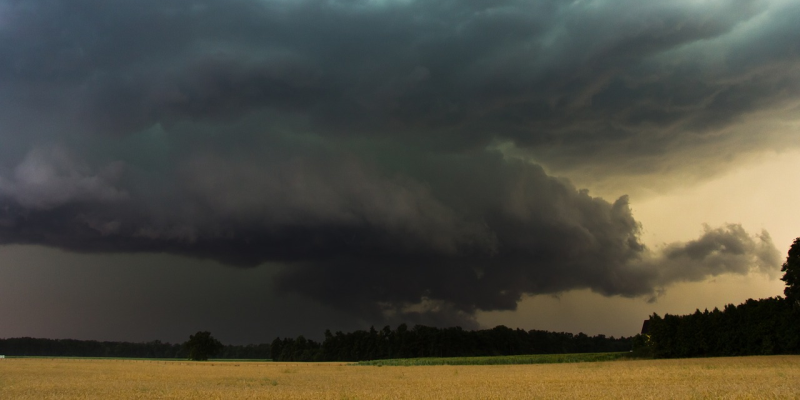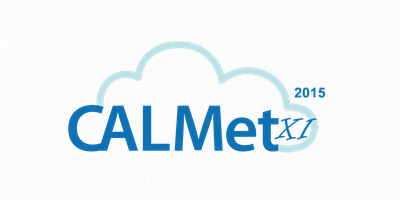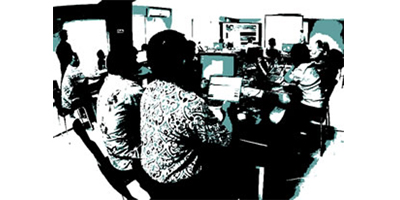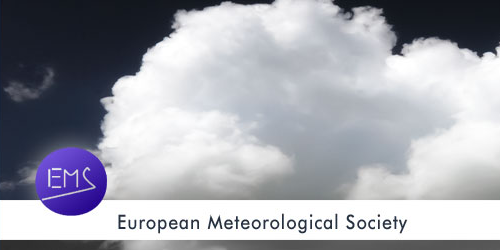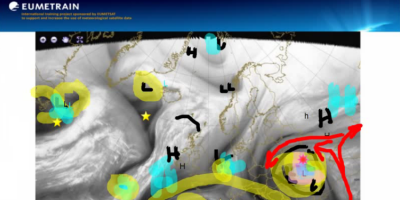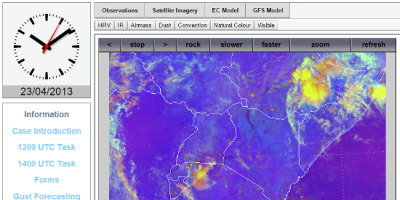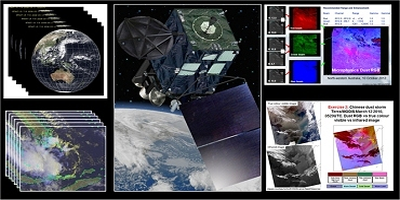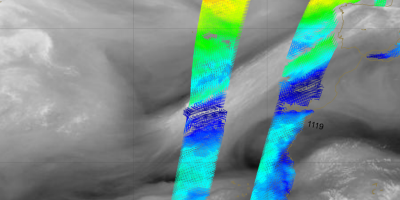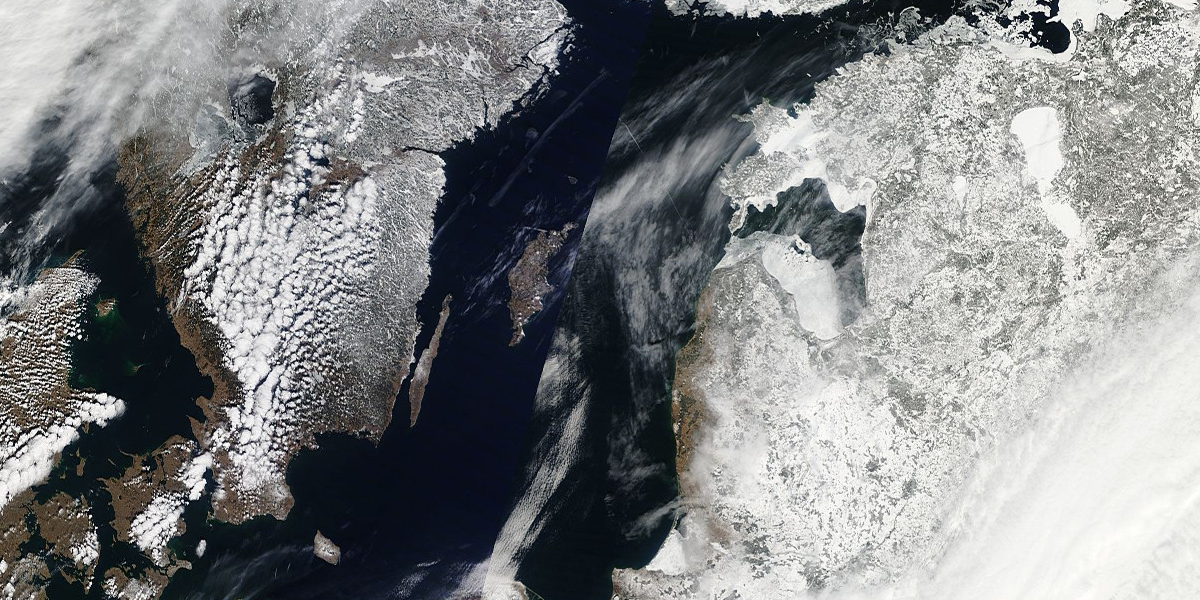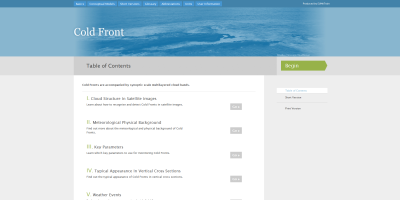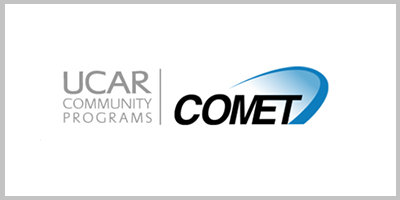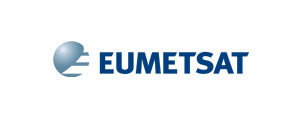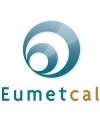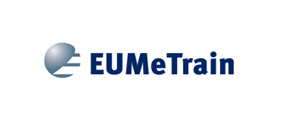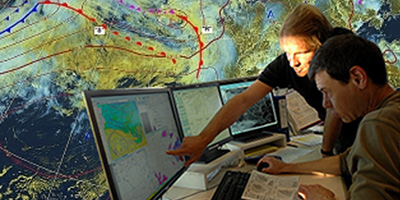
EUMETCAL/ECMWF workshop on Advancing training and education in weather prediction
15-18 June 2015 / Reading, UK (ECMWF)The tenth edition of the Eumetcal workshop is at the door! This time in joint cooperation with ECMWF!
In line with the philosophy of previous Eumetcal workshops, the aim will be to explore and discuss solutions, strategies, practices and innovations that can be applied to the training and education of meteorological personnel to meet future competency and skill requirements especially in response to advances in weather prediction sciences and technologies.
The Eumetcal-ECMWF workshop will be a forward-looking forum for trainers, researchers, forecasters and managers of hydro-meteorological services.
In this context the workshop will provide a forum for analyzing and discussing:
• Anticipated advances in weather prediction sciences and technologies
• Changing role of hydro-meteorological services driven by changes in weather prediction models
• Future needs of society and stakeholders
• Skills and competencies of operational staff in the future scenario, along with training needs
• Current and future developments of training and education
Don't miss this unique opportunity to contribute to the improvement in future meteorological education and training! Please visit the workshop page and register. Please submit your ideas for discussion topics, demonstrations, learning activities and presentation abstracts!
Deadline is close: 30 April 2015!
